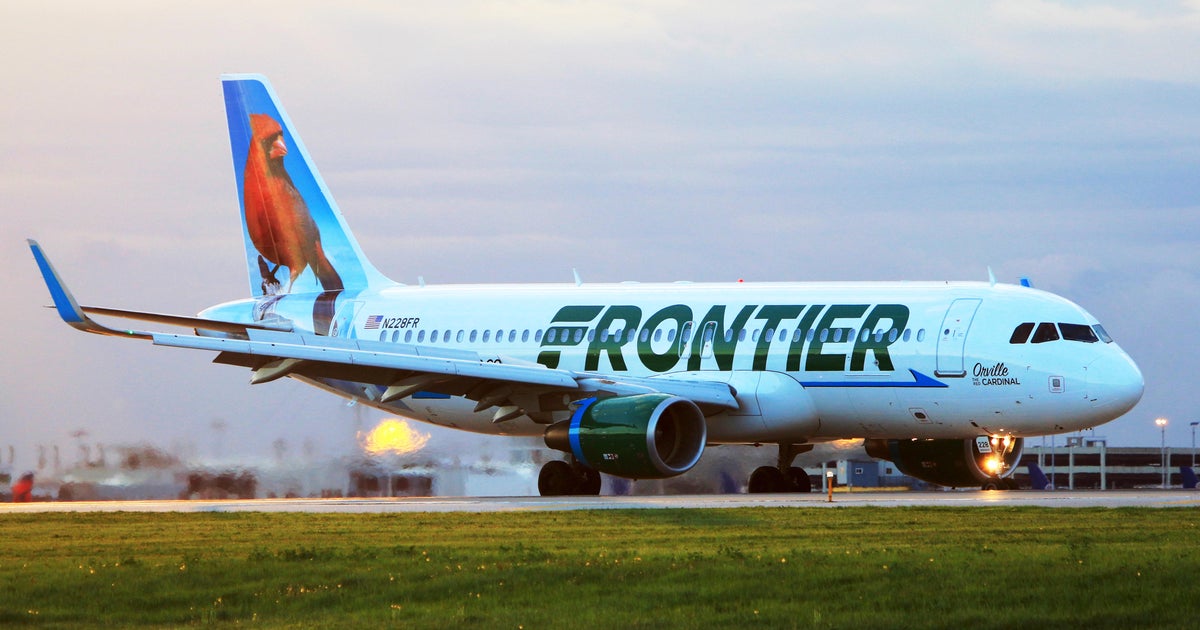Another effect of climate change? More flight delays and cancellations.
Travelers have had to suffer through a record number of flight delays and cancellations this summer. Although ongoing crew shortages partly explain such disruptions, there is another factor that will be harder to remedy: climate change.
Indeed, severe weather events linked to the rising mercury are proving to be a challenge for airlines across the globe.
"There are a lot of ways climate change can affect air travel. Thunderstorms are an obvious one," Wired magazine reporter Amanda Hoover told CBS News. "When there is more heat in the air, there is more moisture, more thunderstorms."
Wildfire smoke from Canada that in June wafted across the Northeast and beyond has also thwarted on-time departures. Scientists link the increasing frequency and intensity of wildfires to global warming.
"We've also had a ton of wildfire smoke on the East Coast this year, and plane navigation systems aren't really designed to work well through wildfire smoke. They work well through rain and fog, but that can cause delays as well," Hoover said.
That requires airlines to space out departures and reroute planes, causing frustration for travelers. Even high temperatures can slow flight operations.
"Really high heat can cause delays because a plane in high temperatures needs more time and more distance to take off to fight gravity," Hoover said.
Hotter air trapped close to the earth's surface can cause "invisible turbulence." Unlike with storms, such turbulence can occur even when skies are clear. Even changing wind patterns linked to climate change can be disruptive to flights.
The bottom line: Passengers should prepare for more turbulence in the air. Airlines and aircraft manufacturers will also have to adapt.
"So it's really a conversation between manufacturers, between airlines, between the FAA and other organizations around the world to come up with solutions for this," Hoover said. "Part of it is efficiency, part of it might be changing flight patterns and routes because we might see, as the jet stream changes and wind patterns change, that it could take a lot longer to fly places, and some places we might get to a lot quicker."
Just don't expect a fix by your August vacation.
"This is a years-long problem," Hoover said.



